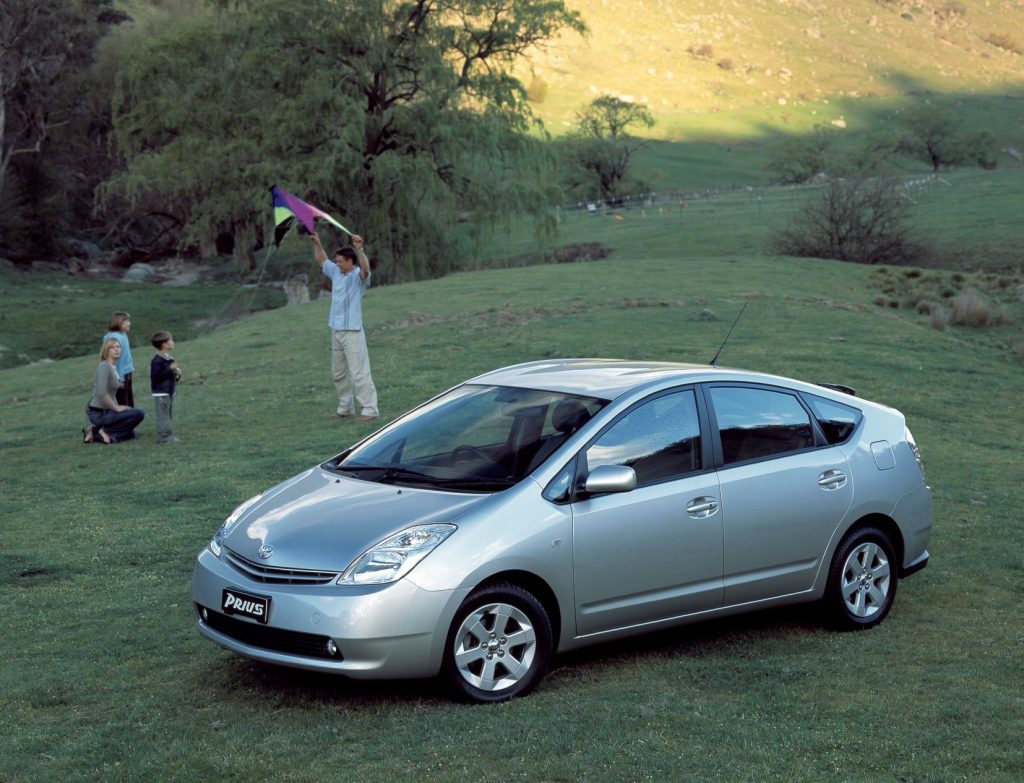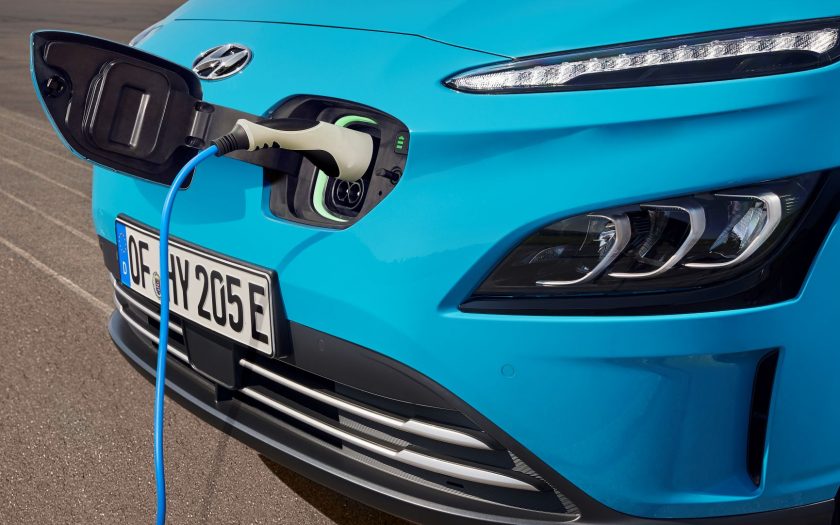IT SEEMS LIKE EVERY STATE government can’t wait to jump on the bandwagon and offer incentives to buyers of EVs.
Now, WA has announced $60 million in funding to support the uptake of electric vehicles.
The FCAI, the peak body for the automotive industry in Australia, has welcomed the announcement.
The package includes funding for charging infrastructure and the introduction of a Road User Charge for zero and low emission vehicles. Naturally, governments being governments, it isn’t all good news. In lockstep with the incentive, and like other States, WA will also introduce a Road User Charge. The first to introduce the controversial charge was Victoria, which set aside $200,000 to develop systems to monitor and collect the tax (it seems there is always money in the budget to invest in schemes that will raise revenue).
The Road User Charge in WA will come into effect June 1, 2027, with owners of zero-emissions vehicles (fully electric vehicles and hydrogen fuel-cell vehicles) to be charged 2.5 cents per kilometre driven, while hybrid owners will pay two cents per kilometre.
To offset this, the WA government will offer the highest incentive in Australia to the first 10,000 Western Australians to buy an EV or FCEV, so long as the vehicle is less than $70,000 before on-road costs.
Funding will also be put towards upgrading, expanding and improving WA’s electric vehicle charging infrastructure.
“The McGowan Government’s commitment of $22.6 million to expand charging infrastructure is a proactive step towards preparing for the future electrification of our road network,” FCAI Chief Executive Tony Weber said.
“The inclusion of 10,000 rebates of $3,500 for Western Australians who purchase a new electric or hydrogen fuel cell vehicle is positive for automotive manufacturers and Western Australians alike.
“These rebates are going to help make owning an electric or hydrogen fuel cell vehicle possible for more Western Australian road users. It sends a positive signal for car manufacturers and motorists that electrification will be a key element in Australia’s transport future,” Mr Weber added.
Mr Weber said the introduction of a Road User Charge from 2027 for zero and low emission vehicles is consistent with tax reform undertaken by other jurisdictions.
“However, the FCAI maintains that all taxes and charges related to motor vehicles should be replaced with one road user charge which can apply to any type of vehicle powertrain,” Mr Weber said.
WA Premier Mark McGowan suggested the $3500 rebates will result in an additional 10,000 electric and hydrogen fuel-cell vehicles on WA roads.

Industry leader suggests incentives are not the way forward
Some time ago, seniordriveraus asked then head of Lexus Australia, Sean Hanley (now Toyota Australia Vice President Sales, Marketing and Franchise Operations) why Lexus and Toyota, both of whom are strong advocates of EVs and FCEVS and were early leaders in the field, weren’t more proactive in lobbying for incentives (at the time, there were virtually none).
Mr Hanley surprised us with his answer.
He suggested that EVs should compete on their own merits, rather than being subsidised.
Further, he argued that having to compete with internal combustion engined-vehicles on a level playing field would result in more relevant and faster development, and greater advances in the technology. Market forces, he said, would determine how and in what direction EVs and electric car technology advanced.
It was a refreshingly honest appraisal, free of the self-interest that seems far too often to taint these discussions. And let’s face it, automotive companies, like any other company in a capitalist system, will only invest money where they see a profit to be made.
As more and more governments offer incentives (and introduce the almost inevitable Road User Charge that accompanies them), it’s a shame more people aren’t asking if throwing public money at EVs is the best way forward.
